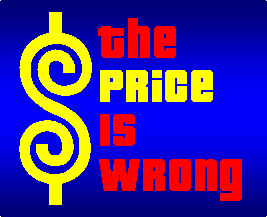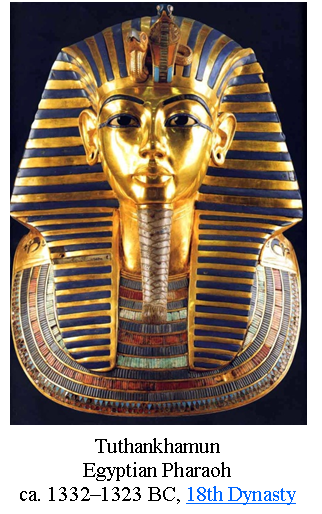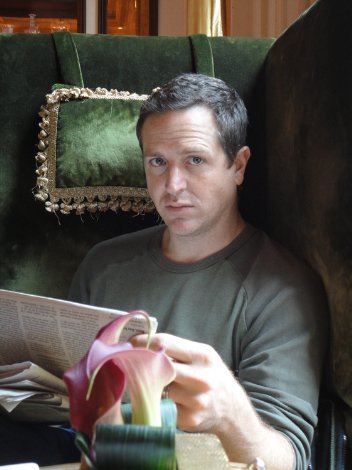 Now that you have finished your magnum opus, you are faced with the dilemma all independent authors must address. How do you decide the price for your masterpiece?
Now that you have finished your magnum opus, you are faced with the dilemma all independent authors must address. How do you decide the price for your masterpiece?
Traditionally-published authors don’t have to worry their pretty little heads about such things. Their publishers set the price, just as they also lift the burden of selecting cover art and distribution channels.
Indie authors have to do all that for ourselves. With print books, you know you have to set the price over the cost of production. At least you have a beginning point.
With your eBooks, you have to weigh the supposed virtues of the KDP Select program against whatever you could make if you risk testing the market appetite with some sort of price. Continue reading “The Price Point Problem”

 Regardless of any assertion of virtuous intent; at its core, the motivation for the building of empires, by and large, is the accumulation of wealth for the minority at the expense of the majority. There are of course other, just as avaricious, incentives for empire but they all align with its primary purpose. However, regardless of its grandeur or period of reign, following its downfall (and eventually all fall) it is judged not by its initial motivations, or by the destruction it causes whilst coming into being, and certainly not by the wealth and accomplishments it accumulates during its reign; in the end, it is judged by the legacies it leaves.
Regardless of any assertion of virtuous intent; at its core, the motivation for the building of empires, by and large, is the accumulation of wealth for the minority at the expense of the majority. There are of course other, just as avaricious, incentives for empire but they all align with its primary purpose. However, regardless of its grandeur or period of reign, following its downfall (and eventually all fall) it is judged not by its initial motivations, or by the destruction it causes whilst coming into being, and certainly not by the wealth and accomplishments it accumulates during its reign; in the end, it is judged by the legacies it leaves.

 January is a great time to read the blogs. All the Chicken Littles scampering around telling us which part of the sky will be falling on our heads this year. The laws of natural selection being what they are, most of these disasters will turn out to be minor, something unheralded will throw it all off kilter, and we will all go on existing as we have for the last several millennia. Which is not to say that we shouldn’t take an interest in evolution.
January is a great time to read the blogs. All the Chicken Littles scampering around telling us which part of the sky will be falling on our heads this year. The laws of natural selection being what they are, most of these disasters will turn out to be minor, something unheralded will throw it all off kilter, and we will all go on existing as we have for the last several millennia. Which is not to say that we shouldn’t take an interest in evolution.